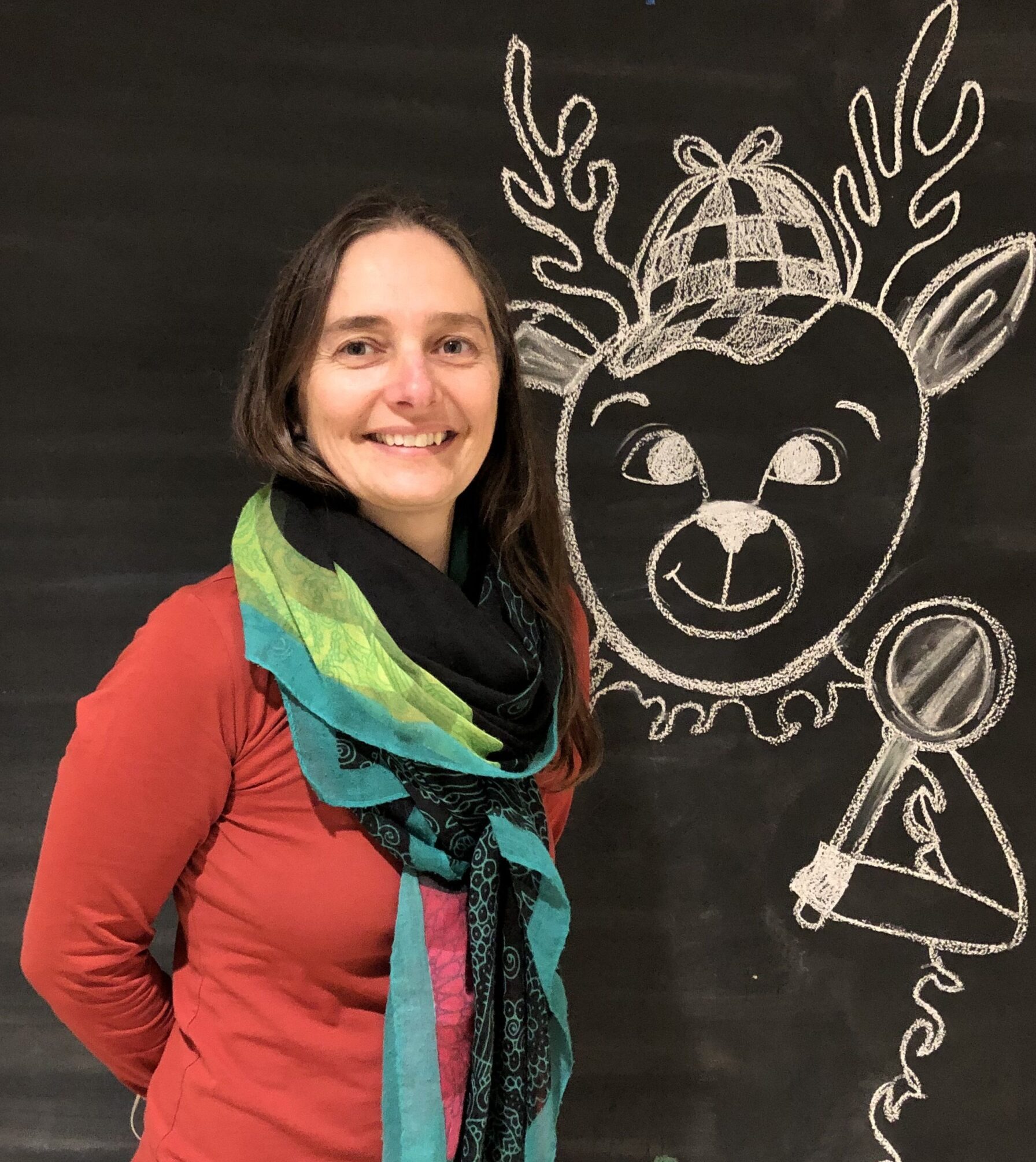
Angélique Laurent
Associate professor, département d'enseignement préscolaire et primaire, Université de Sherbrooke
Regular members
Training
- (2009) Postdoctorate (Developmental Psychology). University of Alberta.
- (2008) Postdoctorate (Developmental Psychology). Université de Toulouse II.
- (2007) Doctorate (Cognitive Developmental Psychology). Université de Toulouse II.
- (2004) Diploma of Advanced Studies (Cognitive Processes Psychology). Université de Toulouse II
- (2003) Master’s with thesis (Child and Adolescent Psychology). Université de Toulouse II
- (2001) Equivalent of Bachelor’s (Education). Université de Toulouse II
- (2000) Equivalent of bachelor’s (Psychology). Université de Toulouse II
- (1999) Diplôme d'Études Universitaires Générales [Diploma of General University Studies] (Psychology). Université de Toulouse II
Bio
From apprentice researcher: how curiosity led me to the world of research . . .
Rare are the people who, like Obélix, fall into research when they are young! And I am no exception.
It was during my master’s studies in psychology that I discovered what research is all about. Of course, I was aware of research before that, in my undergraduate courses in particular, because the faculty referred to empirical studies to illustrate the course content. But, until the end of my undergraduate career, my main focus was on content and knowledge, not the process by which researchers had arrived at these discoveries. At the beginning of my master’s program, I had the option of enrolling in a research or clinical program. The research track piqued my interest because it offered the possibility of doing clinical practice courses plus the research project, which the other track did not allow. That is when I thought: “Why not give it a try?” Then, while talking with my master’s supervisor, I understood that embarking on this path meant exploring by myself (supervised of course!) and in depth a research question on a theme that interests and challenges me. Since I had always been fascinated by the language and social development of young children in a multilingual context, all the conditions were there for me to dive in! And it’s a decision I’ve never regretted!
. . . To professor: Two main objectives that guide my research and are expressed in a multitude of research questions and a whole array of possible research projects!
From my early days in research until today, my projects have greatly evolved through my collaborations and my membership in different research groups, departments and faculties. But the common denominator in all my work has been the childhood development period, specifically, between the ages of 3 and 12. My current research projects focus on the development of girls and boys between the ages of 4 and 8 in family and school settings. Their objective is to 1) document the practices of socialization agents (parents, teachers, educators, psycho-educators, etc.) who work with children, and 2) better understand how these practices contribute to the development and learning of children during their first years of school from the perspective of educational success. Ultimately, my intentions as a researcher are to promote the psychosocial adjustment and well-being of young children so that they can develop to their fullest potential and, in the longer term, become active members of society. My work falls mainly within the scope of Axis 1 of GRISE and is carried out in collaboration with a team: Gabrielle-Garon Carrier, Jean-Pascal Lemelin, Marie-Josée Letarte and Marie-France Morin.